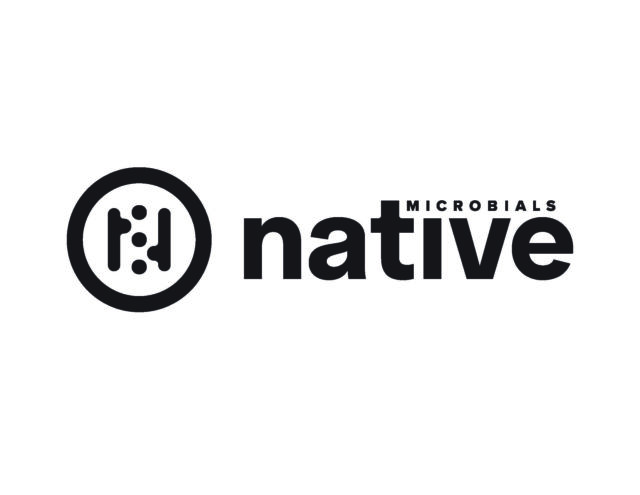Fate of dairy reform uncertain after Super Committee failure Just prior to the pre-Thanksgiving failure of the Super Committee to reach an bipartisan agreement on deficit reduction, Rep. Collin Peterson (D-Minnesota) addressed, via a pre-recorded video segment, dairy producers attending NMPF/DMI’s joint annual meeting in San Diego, California. Peterson said his sponsored legislation, The Dairy Security Act of 2011, had and “as much consensus as one can get” in Washington. During the meeting NMPF confirmed that it was not support for dairy reform, but rather reform of direct payments to ag producers for other commodities, that stressed a deal on deficit reduction for agriculture committee chairs in both the House and Senate.
Had the Super Committee reached an agreement, Peterson’s bill and its proposals for dairy reform – margin insurance, mandatory supply management for receiving insurance and a mandatory hearing to review federal order pricing – would have most likely been a part of the deal, requiring only an up or down vote for passage.
However, now dairy reform and all other ag-related government assistance will be completed in regular order, most likely in the fashion typical of Farm Bill renewal. This requires legislation pass through subcommittee, committee and full chamber debates before a floor vote.
Dairy Security Act proponents said during the meeting that regular order for dairy reform could produce unwanted, conflicting amendments.
Opponents see regular order as an opportunity to have their voice heard and amendments added before swift passage of the Dairy Security Act. Either way 2012 is likely to be filled with continued debate about the best direction for dairy reform. PD
Note: The following are opinion commentaries.
No : One group you failed to recognize under the “no” column was the producers who strongly oppose the FFTF and the Dairy Security Act, as shown by the results of your last poll and the current poll.
Many of the groups listed under the “yes” column claim to be producer groups or have the title of ‘producer’ in their name. The trick, though, is that the actual producers did not have a say on whether their board of directors supported FFTF or not!
Take MMPA, for example. The majority of the members of MMPA oppose FFTF and the Dairy Security Act but, because the board is made up of farmers from large Holstein conventional farms that lost money in 2009, they jumped on board thinking that the pricing system is at fault for their farm’s financial woes.
There is a member on MMPA’s board of directors who also serves on National Milk’s board. It’s no surprise that MMPA would follow National Milk’s lead, no matter what the plan was. The producers are not uneducated.
They fully understand what is being presented before them. The difference is that they think for themselves, and they know better than to just follow the crowd into a black hole. Don’t jump off the cliff just because National Milk says to!
Terri Hawbaker
Pewamo, Michigan
Yes: It might be a small step forward; however, Ryan Dennis in the Milk House column tells us what we must continue to do – “Take care of your own corner.” Buying ag commodities has always been a predatory economic activity.
Norman Shestak
Bryant, Wisconsin
No: Look at all the 28 multimillion dollar companies that support the Dairy Security Act of 2011. Keep two things in mind:
1. The last thing these companies want is to lose is control of Dairy Pricing System.
2. Keep in mind that this is the president, CEO and board of directors that support the Dairy Security Act of 2011.
How many of their members support it?
As a dairy producer, I think that I (along with all other dairy producers) should have a say in how we get paid for the product we produce – not some company president, CEO or board of directors. Or not some congressman or senator that the closest they were to a dairy cow was when they had a glass of milk or an ice cream cone. Do you think they ever saw the inside of a barn?
How many of these companies supported the CWT program, to name just one, that did nothing for me as a dairy producer? This program killed cows and addressed dairy exports but not a mention of how dairy imports hurt the American dairy producer.
How many of these million-dollar companies pay their presidents and CEOs million-dollar salaries? Do they have to take out an insurance policy to guarantee them their salaries?
Why should I have to take out an insurance policy to guarantee my income from a product I produce? Name another occupation that has such a ridiculous insurance policy.
Is this another form of corporate greed? Is this why there are protests going on across the country because of corporate greed? If the insurance policy program is so great, let’s drop the make allowance program and let everyone buy insurance.
Ken Medved
Forest City, Pennsylvania



